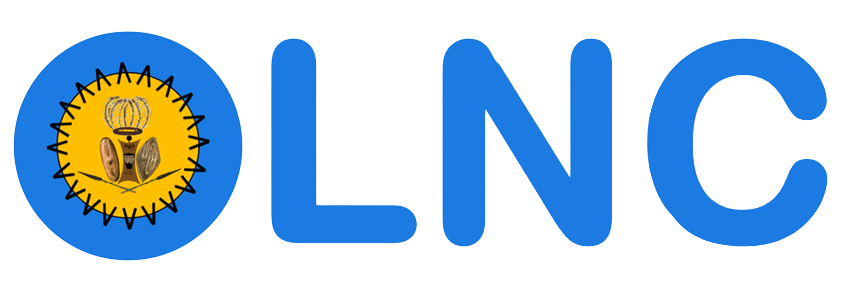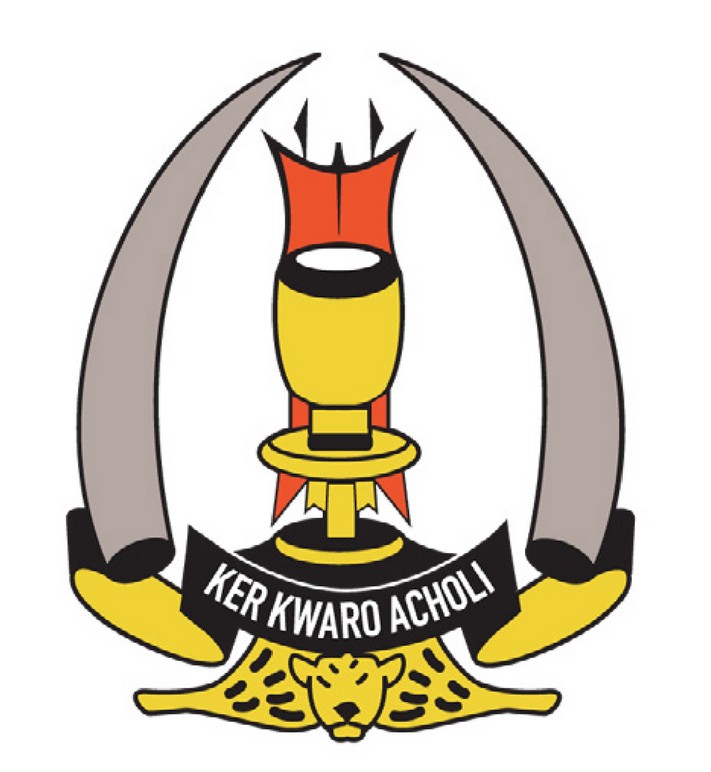Understanding the Leadership Crisis in Acoli
The leadership crisis in Acoli stems from the region’s historical defeat by the NRA. When a population is subdued by an invading force, the victors often impose leaders who serve their interests rather than those of the conquered people. In Acoli’s case, the NRA ensured that those in positions of power were either collaborators or individuals who lacked the competence to challenge the status quo. Since the NRA crossed the Karuma Bridge, Acoli has been subjected to this systematic imposition of leadership that prioritizes external interests over local development.
Over the years, the NRA/NRM has actively suppressed competent Acoli leaders, ensuring that only those aligned with their agenda remain in power. A few promising leaders have been compromised, turning them into mere instruments for maintaining control over Acoli’s land and people. This explains how figures like Walter Ochora were imposed on Acoli, while others, such as Jacob Oulanyah, were co-opted to advance the interests of the Balaalo and the ruling establishment.
The same external influence led to the division of Ker Kwaro Acoli, resulting in two factions: one aligned with Salim Saleh in Payira and the other with Ruhakana Rugunda in Atiak. This split effectively placed Acoli’s cultural leadership under the control of outsiders. To grasp the extent of this imposed mediocrity, one only needs to compare the intellectual caliber of Olara Otunnu with the leadership provided by Walter Ochora. While Otunnu represents the leadership that Acoli deserves—marked by intellect, vision, and integrity—Ochora’s leadership exemplified the superficial, entertainment-driven politics engineered by the NRA/NRM.
This tradition of lightweight, performative politics continues to define Acoli leadership today. The fundamental reality remains: those who subjugated Acoli will never willingly allow competent leadership to emerge and thrive. Any resurgence of strong leadership in Acoli will happen despite the NRM, not because of it.
A Path Forward: Nurturing Homegrown Leadership
Despite these challenges, a new opportunity has emerged to cultivate strong Acoli leadership—the Rocco Paco initiative. This platform provides a space where aspiring leaders can prove their commitment to Acoli’s welfare through action and service before seeking elected office. By fostering leadership from within, independent of external influence, Acoli can reclaim its future.
Conclusion
The leadership crisis in Acoli is a deliberate construct of the NRM, designed to weaken the region politically and economically. The solution lies in developing leaders within institutions that prioritize Acoli’s interests, free from external control. The time has come to break this cycle.
TOO PACO NRA/NRM LUROK AYE OKELO.
ROCCO PACO ACOLI AYE TWERO.
KICK NRM ACAM NGWINYA OUT OF ACOLI!

